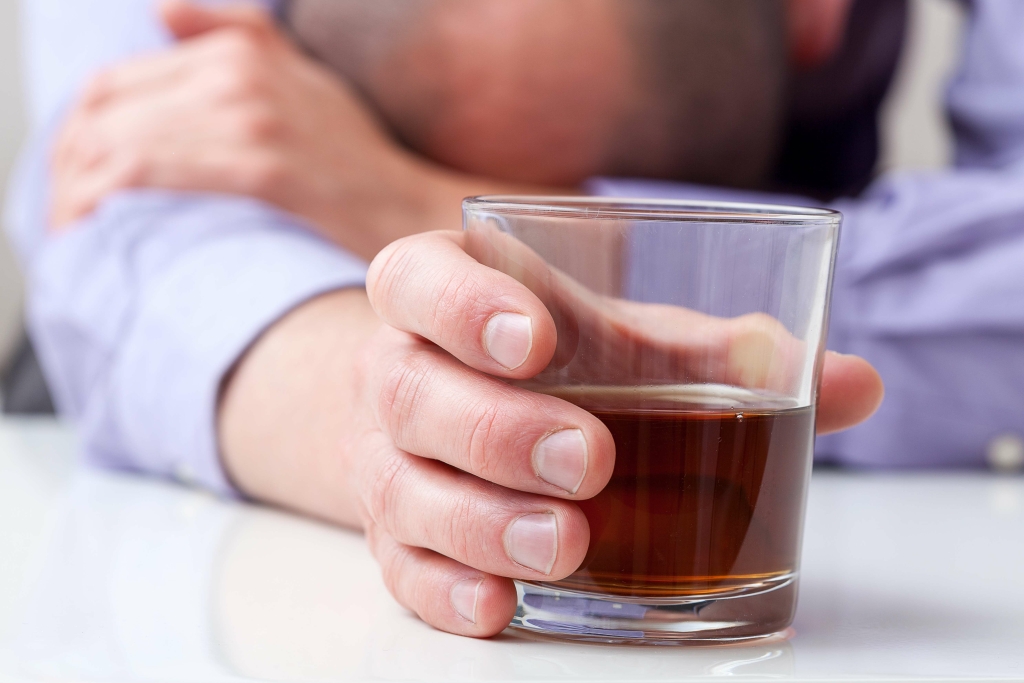For instance, you may not like raw kale but find that braising it makes it much more palatable. Experimenting within the bounds of healthy foods is one of the best ways to fuel your recovery. Understanding the relationship between nutrition and addiction recovery means understanding the roles nutrients play in the body. There are six nutrient groups derived from food that are considered essential, and they can be divided into micronutrients and macronutrients. By diversifying the diet with a range of nutritious foods, individuals can ensure they Sober living home are meeting their nutritional needs and supporting their recovery journey. Detoxifying from alcohol can be greatly supported by incorporating certain nutrient-dense juices into your diet.
Role of B vitamins and complex carbohydrates
Regular meal timing helps stabilize blood sugar and prevents energy crashes that can trigger cravings and relapse. Portion control helps manage weight, which is often a concern during recovery. Small, frequent meals can be beneficial for individuals experiencing digestive issues. Potassium is essential for nerve and muscle function, and its deficiency can result in muscle weakness, fatigue, and irregular heartbeat. best foods for recovering alcoholics Potassium-rich foods such as bananas, potatoes, and leafy greens should be emphasized in the recovery diet. Deficiency can lead to anemia, fatigue, neurological damage, and even psychological issues.
Residential Treatment Programs
Other fish and shellfish such as mackerel, herring, oysters, sardines, and anchovies are excellent choices. And for those who are vegetarian or simply not fond of seafood, alternatives include flaxseeds, chia seeds, walnuts, and soybeans. Sources of low-fat proteins include white-fleshed fish (cod, haddock, tilapia, or bass), greek yogurt, cottage cheese, beans, peas, lentils, poultry, and soy.

Seeking Professional Guidance
- For further guidance on healthy eating during recovery, explore resources on what foods are good for recovering alcoholic.
- Treatment centres offer support to help people adopt healthy eating habits, which can help their long-term well-being.
- Nutrition for alcohol recovery is essential to healing both physically and mentally.
Grapefruit juice stands out due to its high concentration of antioxidants, which not only protect the https://tempahsticker.com/alcohol-and-your-health-risks-benefits-and-3/ liver but also help reduce inflammation. Another excellent option is jujube fruit juice, known for nourishing the liver and enhancing fat burning and detoxification processes. Drug rehab is highly effective in aiding long-term sobriety through personalized care, strong support systems, and therapeutic interventions. Success rates vary, but understanding the factors influencing treatment can enhance the recovery journey. Outpatient alcohol rehab offers flexible treatment with personalized care, including therapy, counseling, and ongoing support to help individuals maintain sobriety and navigate recovery.

A diet emphasizing complex carbohydrates, healthy fats, and proteins is particularly beneficial in facilitating recovery (Columbus Recovery Center). During the journey to recovery from alcohol dependence, a balanced diet plays a crucial role in restoring physical health and supporting brain function. Carbohydrates and fats are two macronutrients that are especially important in this process. Consuming sufficient levels of protein can help alleviate common withdrawal symptoms such as nausea and fatigue, facilitating a smoother transition to sobriety. A steady intake of protein helps to stabilize blood sugar levels, which can be erratic after prolonged alcohol use.
Nutrition plays a crucial role in the recovery process from alcohol addiction. A balanced diet provides the essential vitamins and nutrients necessary for rebuilding the body and promoting healing. Additionally, these nutrients support the production of neurotransmitters that are vital for mood regulation, such as serotonin and dopamine (WebMD). A diet rich in whole foods significantly enhances recovery from alcohol addiction. Whole foods provide essential nutrients, support bodily healing, and help address deficiencies often caused by prolonged alcohol consumption.
- In an accreditedrehabfacility, doctors will be able to help alleviate some of your withdrawal symptoms, prepare nutritious meals for you, and keep you safe.
- Vitamins are perfectly acceptable to help get your body back on track after giving up alcohol.
- Your diet can also impact neurotransmitter levels and function and gut bacteria.
- Eating lean protein throughout the day gives you steady energy and helps balance blood sugar levels, which can help keep mood and energy stable during recovery.
They also play a role in stabilizing blood sugar levels and promoting a feeling of fullness, which can be beneficial for individuals in recovery. It’s vital for individuals to consult with a healthcare provider to determine the most suitable multivitamin for their specific recovery needs. A healthcare professional can help personalize the supplement based on individual dietary gaps and health conditions. This personalized approach ensures a balanced intake of the necessary nutrients that support both recovery and overall well-being. In addition, minerals like magnesium, zinc, and selenium play important roles in overall health and liver detoxification.
